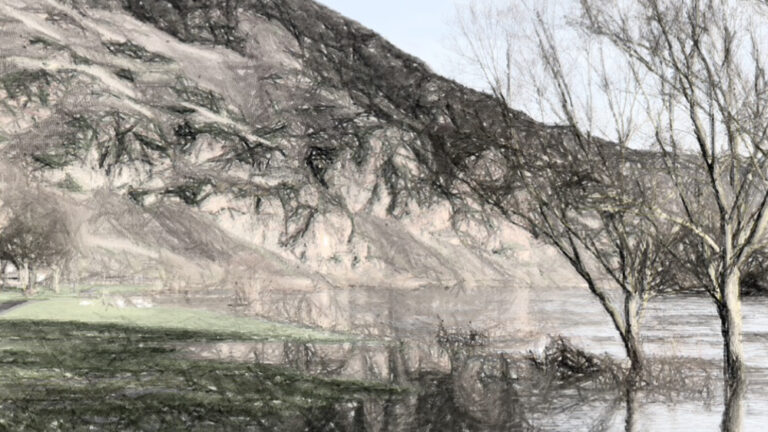Neuroscience is interesting. But when it comes to perception, the temptation is to go too far, and fall into the subjectivity trap.
It’s often claimed that the brain creates flavour. And I realize that I have stated this in the past – in particular, in the book on wine tasting that I wrote, I Taste Red. The thing is, technically it is true. But it’s often accompanied by a headlong rush to subjectivity that is unhelpful, and perhaps even misguided.
The perception you have of the outside world is merely a model of reality, created by your brain. This is why we take so long to develop as babies into children, and then into adults. As well as growing physically, our brains are developing a robust, useful model of the world around us.
We learn about ‘objects’ and their properties, behaviours and various features. This is the currently trendy topic of machine learning. AI is finally doing what we do in our brains: learning about the world and accumulating enough data to be able to model reality.
We need to model reality – and by this I mean create our own version of reality that is then informed by what is out there – because there is simply so much data coming in from our senses that we can’t process it quickly, or even make sense of it. In order to be able to respond to the world fast enough, we need to have a model running that is then informed by what we encounter. This is the only way we can deal with the information coming in.
This is quite a hard concept to get your head around, I know. But it’s clear from dreams and hallucinations that the brain is capable of constructing a version of reality, and this can be completely dissociated from the reality that we are encountering.
What it means is that none of us have direct access to reality. In terms of perception, each of us is living in our own world: one that we have created. What we perceive is a heavily edited version of what is out there, and it’s something our brain has constructed and is personal to us.
As you taste wine, you are experiencing a construction of flavour, made up by your brain, which is personal to you.
The leap that many now make is to say that this destroys any objectivity. If our perception is private, and is a model of reality, not a direct experience of reality itself, then surely all perception, and with it all taste, is subjective.
I think this is unhelpful. For a start, while it is technically true that we create our own reality, unless there is a pretty tight correspondence between our model and what is actually out there, we won’t last long. Crossing the road will probably be lethal. When you stub your toe, it feels pretty real.
While it is really interesting to understand how we perceive (and I think this goes a long way to answering the problem of consciousness), it isn’t very useful in practice. If we look at how we behave, we consider our perception of the world to be a direct representation of reality. As long as our senses are functioning more or less normally, then we don’t have to give up on objectivity.
I was walking the other day and it felt cold. ‘It is a cold day,’ I said to myself. But isn’t perception subjective? Perhaps not everyone would agree that it was cold. But no one contests the statement, ‘It is a cold day,’ because when it’s a cold day, we tend to all agree about this description of the weather.
In wine, there will always be disagreements as we taste together. But the amazing thing is how often we do agree about wines, especially when tasting wine is such a complicated business, using senses such as taste and smell for which we have poor vocabularies. In the wine trade, while many people say ‘it’s all subjective, like what you like’ – that is not how they behave.
Despite the well charted individual differences in taste and smell (which I think have been somewhat overstated), we behave in the wine trade as if taste is objective. If you have a roughly normal sense of flavour, then as we taste together, we are likely to be tasting the same wine and we’ll probably pick up similar properties. There’s an issue with our communication – words for wine are hard to do well – but we assume that the perception is a shared one.
The biological differences in flavour perception are real. But we aren’t measuring devices. Our knowledge and experience will also be shaping our perception. But as we taste together we are all trying to get the wine. Sometimes we get it better than others. And on different occasions we see different aspects of the wine. Our behaviour shows us that we believe that there is something real that we are straining to get: the objective flavour of the wine.
Reminder: this blog is irregularly updated, but there are daily updates on the main wineanorak site.



